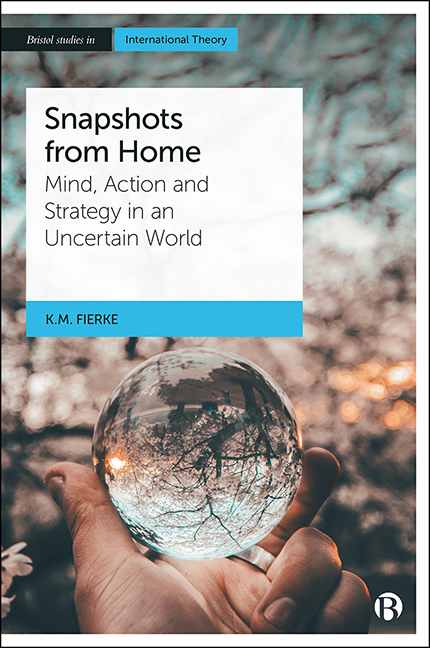1 - Self/No-Self
Published online by Cambridge University Press: 15 September 2022
Summary
There is a possibility that one will become tormented when something permanent within oneself is not found.
Majjhima Nikāya 1.22Initially, the coronavirus seemed to be an equalizer. It didn't recognize borders. It didn't distinguish between rich and poor. Everyone was equally vulnerable to the disease and could suffer from it or die. The unexpected and unusual susceptibility to suffering on the part of the wealthy created a new, if temporary, awareness of those who suffer daily, whether through illness, disability, poverty or homelessness. The sensitivity was elevated by the emergence of a medical frontier to tackle the virus. The frontline was occupied by many workers on the lower rungs of the economic ladder, now tasked with saving lives while potentially sacrificing their own. As time progressed, and demographics related to the disease came to light, the initial claim that the virus was an equalizer became suspect. Among the disparities, the old were more likely to die than the young, although the latter became more vulnerable as the virus mutated. But the most jarring reality related to the disproportionate number of fatalities within the US and UK who were of African, Latinx, Native American or Asian heritage. As the virus spread globally, poor countries were most vulnerable to the economic consequences of the pandemic, although many, not least in Asia and Africa, were, at least in the initial stages, more effective than the US or UK in managing the pandemic itself.
None of the societal or global divisions exposed by the virus were new. What was different, in the context of the pandemic, was the greater difficulty of pretending that the inequality of suffering wasn't there or of blaming the sufferers for their experience. The unusually large number of deaths within a short span of time highlighted the impermanence of life. As Hobbes ([1651] 1958: 185) famously said, life is ‘solitary, poor, nasty, brutish and short.’ Hobbes’ Leviathan ([1651] 1958) provides an important foundation of Western realist and liberal thought, and contains assumptions that stand in stark contrast to those of Buddhism. Hobbes and the Buddha would be considered very strange bedfellows.
- Type
- Chapter
- Information
- Snapshots from HomeMind, Action and Strategy in an Uncertain World, pp. 57 - 84Publisher: Bristol University PressPrint publication year: 2022



